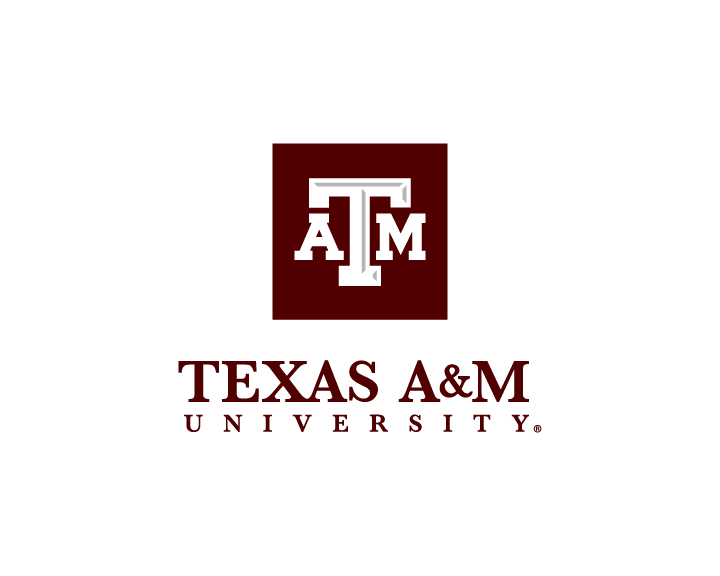Texas A&M: Researchers Find No Evidence Of In-Game COVID-19 Transmission For SEC 2020 Football Season
As the COVID-19 pandemic continued during fall 2020, athletic conferences and leagues had to make critical decisions about how sporting competitions would be played. Like other organizations, the Southeast Conference (SEC) set protocols to monitor, manage and mitigate COVID-19 exposure during athletic events.
Researchers at Texas A&M University recently analyzed contact tracing data recorded during official conference games and SEC testing data for athletes in play. They found that competition during the fall 2020 football season was relatively safe.
Between Sept. 26 and Dec. 19, 2020, a total of 1,190 players had 109,762 opposing player interactions over the 64 SEC regular season games. Benika Dixon and several other researchers at the Texas A&M University School of Public Health analyzed the data from these interactions and found that most of the interactions were fleeting.
“Although there are a lot of these interactions that happen during a football game, they tend to be very brief, with the majority of them being less than 26 seconds,” Dixon said. “We also looked at recurring interactions between players and, very similarly, found that total contact was brief as well. Most contacts that were recurring with two players were still less than 97 seconds.”
Only 13 opponent pairs had in-game contact that exceeded the Centers for Disease Control and Prevention’s 15-minute threshold for close contacts. Of those 13 pairs, none tested positive for COVID-19 in the 14 days prior to or after the game.
“For this particular paper, we looked at the player interaction, but we did not look at interactions that occurred between players and referees or players and coaches,” Dixon said. “We also looked strictly at gametime contact, so we didn’t take into consideration any contacts that may have happened pre- or post-game. I think there’s definitely an opportunity to expand on this research and look at other types of interactions that occur.”
The findings indicate that through the use of innovative strategies, infectious diseases such as COVID-19 can be prevented and monitored during sporting competitions. Dixon said this proves the importance of prevention protocol: “Gameplay was relatively safe when implementing strategies such as contact tracing, and overall, it showed the importance of utilizing protection strategies during athletics.”
“This study shows the importance of public health prevention strategies to allow athletic activities during an infectious disease pandemic,” said School of Public Health Dean Shawn Gibbs, who serves on the SEC Medical Task Force.

